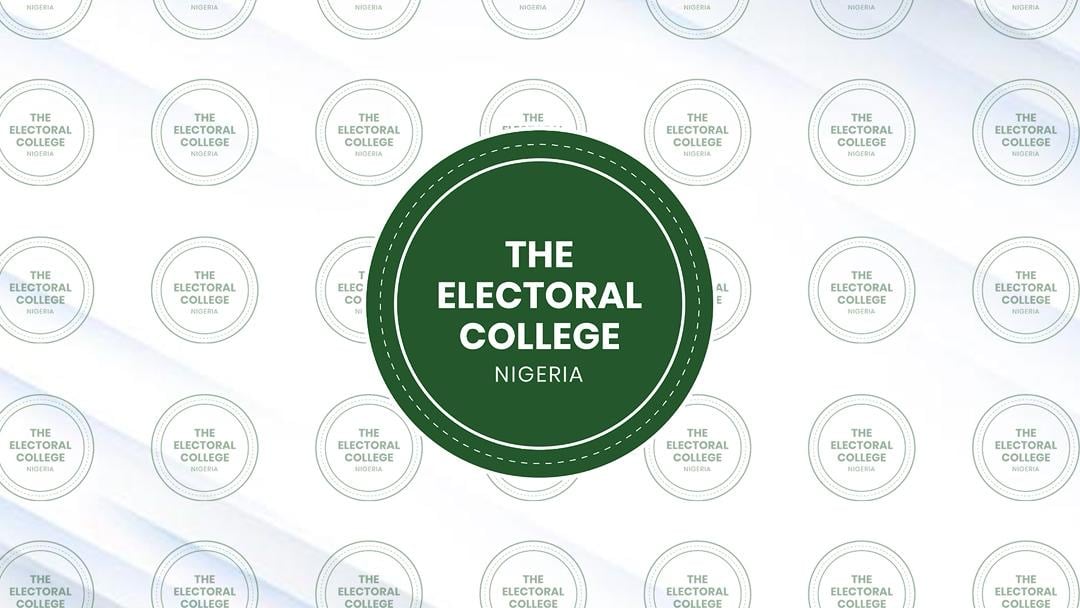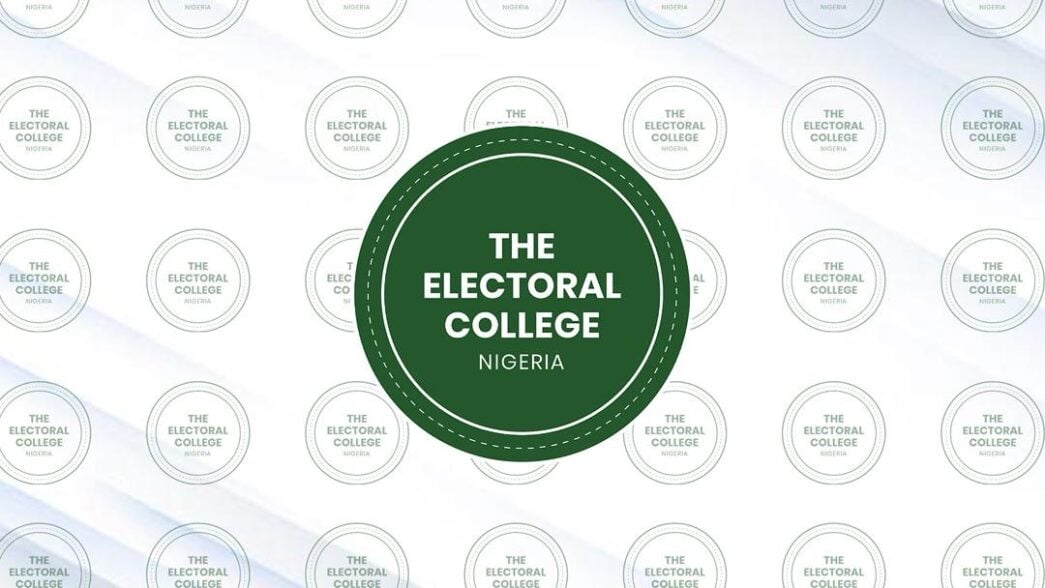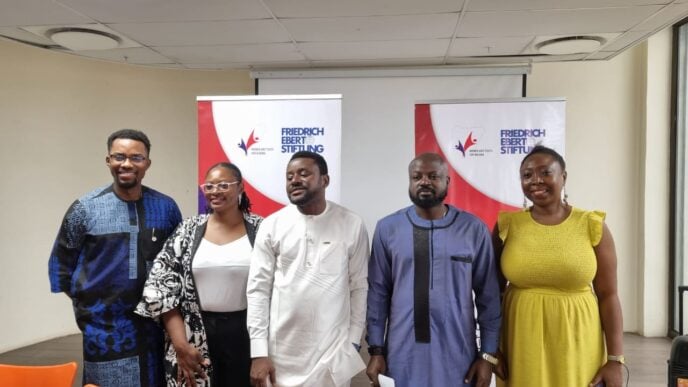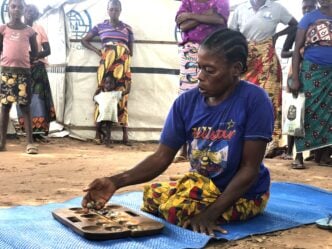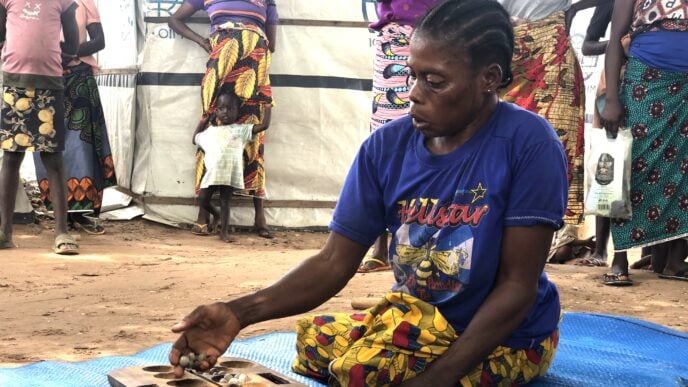The Electoral College Nigeria has graduated its 18th cohort, marking a step in its mission to strengthen political literacy and democratic engagement across the country.
In a statement issued on Monday, Kunle Lawal, the college’s executive director, said the institution now boasts over 15,000 associates nationwide and an “ever-expanding community” of citizens empowered with the knowledge and skills to shape the future of governance in Nigeria.
Lawal said participants were trained online in political literacy through lectures, debates, and community projects.
“Over the years, the Electoral College has distinguished itself as a pioneering institution, bridging the gap between theory and practice in civic and political education,” the statement reads.
Advertisement
“The 18th cohort continued in this tradition, blending intensive lectures with practical engagement. Beyond learning in structured classes, participants were tasked with physical projects that translated acquired knowledge into tangible community impact.
“These projects ranged from sensitisation campaigns on governance to simulations of policy interventions, reflecting the true value of applied learning.
“They remain vital in ensuring that education at the College is not only retained in the mind but also expressed in action and is a cornerstone for building a politically literate and socially responsible citizenry.
Advertisement
“Central to the 18th cohort experience were debates and intra-cohort elections, carefully designed to mirror Nigeria’s political processes.
“Through debates, participants sharpened their capacity to analyse national issues, engage in constructive dialogue, and defend policy positions with clarity and evidence.
“The elections provided a controlled but realistic environment where participants experienced firsthand party intrigues, campaign strategies, and coalition-building.
“These activities prepared them to navigate the often complex realities of Nigeria’s political landscape, where understanding the mechanics of intra-party democracy is crucial to meaningful participation.”
Advertisement
Lawal said the college’s curriculum is built around the constitution, the Electoral Act, and governance structures, with an added focus on ethics, national identity, and citizenship.
Lawal said graduates leave the programme as informed citizens and ambassadors of political literacy, promoting participation and accountability in their communities.
“The journey to over 15,000 associates is not simply a number—it is a reflection of years of sacrifice, creativity, and unwavering patriotism,” he said.
“Many alumni have gone on to lead civic initiatives, engage in party politics, or contribute to governance at different levels, reinforcing the ripple effect of the College’s work.
Advertisement
“The physical projects introduced in recent cohorts stand as evidence of this ripple, with graduates bringing back innovative solutions and awareness campaigns to their wards, local governments, and states.”
Lawal added that the college will keep expanding access to ensure that learning reaches rural communities and to build a Nigeria where citizens understand their rights, responsibilities, and power in shaping governance.
Advertisement
